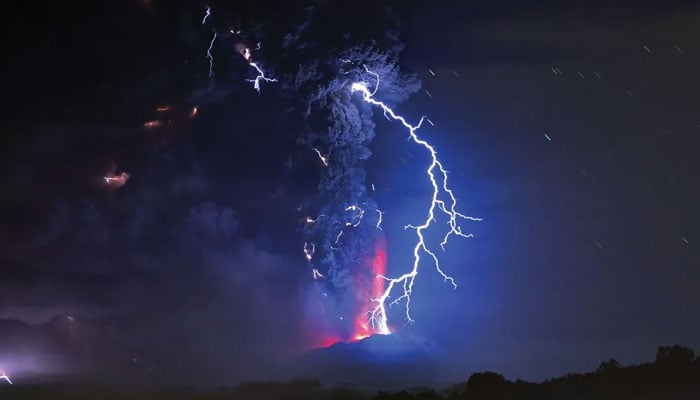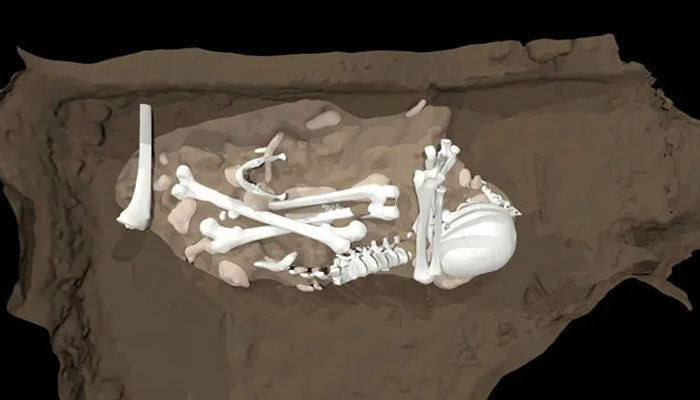Top if-true scientific claims that made headlines in 2023
Some of this year's major scientific claims could shake up their fields — if they turn out to be true
This year, as the field of scientific research and exploration advanced even more, some major never-before-made claims made headlines and left experts and ordinary people scratching their heads.
Many of these scientific discoveries were only restricted to claims as they have yet to be proven. But what if they were true?
Let's dive into several scientific claims that, according to Science News, could shake up their fields — if they shape up to be true.
Lightning strike may have boosted early life
This year, a new study suggested that early life on Earth may have been boosted by giant volcanic eruptions millions of years ago and the debris from those eruptions contained a significant amount of nitrate, which formed in the atmosphere.
The eruptions could have triggered fierce lightning, breaking apart molecular nitrogen, allowing it to bond with other elements and form molecules useful for life.
However, scientists will need to account for the different chemical makeup of primordial Earth’s atmosphere to bolster that claim.
Cannibalism among early humans
Researchers claim that tool marks found on a 1.45-million-year-old fossilised leg provide the earliest proof of cannibalism among the ancestors of modern humans.
The imprints on the bone, discovered in Kenya, might have been created by an unnamed hominid severing muscle from another hominid's shin with a stone tool. However, some paleoanthropologists argue that a few bone nicks do not equal cannibal table crumbs.
Thymus gland is crucial to health
After all, the thymus might not be inconsequential to adult health.
This organ of the immune system between the lungs is frequently seen as expendable in maturity because it is most active during childhood and withers with age.
However, researchers found that thymus gland removal was linked to increased chances of cancer and death during the following few years in a study including almost 2,000 adults who underwent chest surgery.
It's unknown why thymus removal could be detrimental.
Burial for dead not unique to big-brained hominids
Honouring the dead may not be unique to big-brained hominids like Homo sapiens and Neanderthals.
Researchers claim that Homo naledi, which lived around the same time as early Homosapiens but had an orange-sized brain, intentionally buried bodies in an underground South African cave.
However, experts remain unconvinced, as the supposedly buried bodies could have fallen through cave shafts or been washed by water into natural depressions in cave floors. This predates the earliest evidence of human and Neanderthal burials by 160,000 years.
-
Scientists discover rare form of 'magnets' that might surprise you
-
Humans may have 33 senses, not 5: New study challenges long-held science
-
Northern Lights: Calm conditions persist amid low space weather activity
-
SpaceX pivots from Mars plans to prioritize 2027 Moon landing
-
Dutch seismologist hints at 'surprise’ quake in coming days
-
SpaceX cleared for NASA Crew-12 launch after Falcon 9 review
-
Is dark matter real? New theory proposes it could be gravity behaving strangely
-
Shanghai Fusion ‘Artificial Sun’ achieves groundbreaking results with plasma control record













